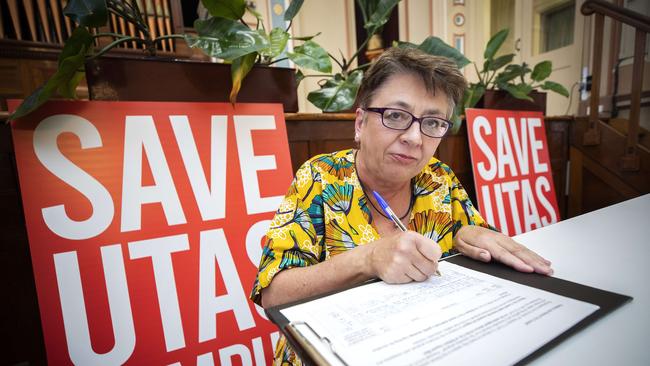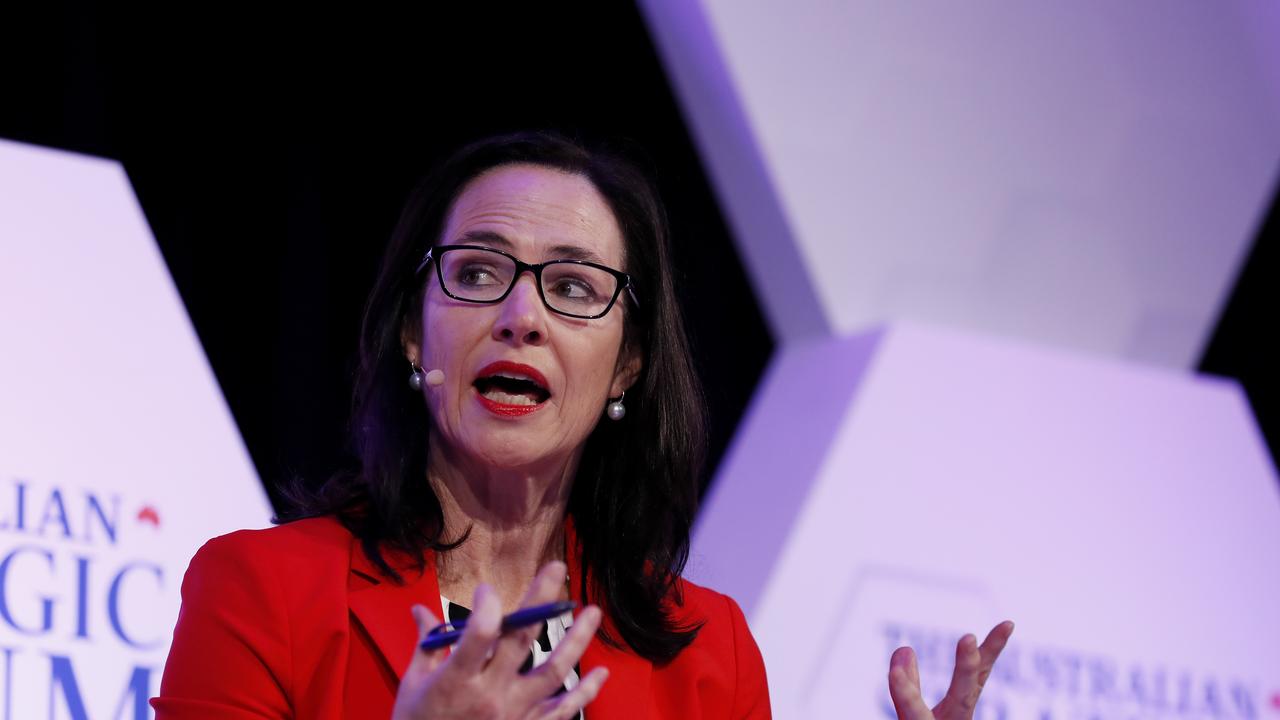University of Tasmania staff ‘has little confidence’ in leadership
University of Tasmania staff have expressed a lack of confidence in the institution’s leadership and future, in a major internal survey obtained by The Australian.

University of Tasmania staff have expressed a lack of confidence in the institution’s leadership and future, in a major internal survey obtained by The Australian.
Results of the survey, conducted for UTAS management by an external body across faculties in recent months, have prompted calls for the university governing council to resign en masse.
Some of the most concerning results were recorded among staff at the Law School, rocked by recent controversies over a shift towards online teaching, a staff exodus and alleged declining standards. The survey shows 0 per cent of Law School staff believed UTAS leaders “demonstrate that employee wellbeing is important”, while only 6 per cent said UTAS – Tasmania’s only university – was “in a position to succeed over the next three years”.
Underlying an apparent disconnect between some academic staff and senior management, only 6 per cent agreed that “our leaders demonstrate that people are critical to the university’s success”.
Only 10 per cent expressed support for senior leaders, 20 per cent had confidence in UTAS and 11 per cent believed there was “open and honest two-way communication”.
Across the broader College of Arts, Law and Education, 20 per cent believed leaders had demonstrated people were critical to UTAS’ success, and 17 per cent believed good methods were in place to improve systems and processes.
Among College of Health and Medicine staff, 15 per cent believed good methods were in place to improve systems, 16 per cent that UTAS effectively directed resources and 18 per cent that change was well managed.
In the College of Science and Engineering, low ratings were recorded for questions related to confidence in UTAS, senior leadership, change management and reward and recognition.
Only 26 per cent of CoSE staff were favourable about senior leadership.
At the School of Natural Sciences, only 13 per cent of staff believed leaders “communicated a vision that motivates me” and 12 per cent expressed faith in current methods for improvement.
Generally, favourable results were recorded for issues related to staff safety, heads of school or faculty, and teamwork.
The results follow concern about a shift towards online learning, relocation of the Sandy Bay campus into Hobart’s CBD and managers making teaching and research decisions with insufficient academic input.
UTAS chief people officer Kristen Derbyshire said the results would be used to make improvements. “We need to focus on managing change in a much more effective way, building better approaches to two-way communication, and creating a better sense of empowerment and autonomy for our people,” she said.
A “diversity of experiences” was to be “expected in a large, complex organisation”, but there was “no denying recent years have been tough on people”, she said. UTAS had undertaken the survey because it “cared”.
Those opposed to UTAS’ Hobart relocation on Tuesday wrote to the university council calling on it to resign en masse to allow new leadership.
“Under the council’s governance, there has been a substantial breakdown in the relationship between staff, particularly academic staff, and university management,” Pam Sharpe, chair of Save UTAS Campus, wrote.




To join the conversation, please log in. Don't have an account? Register
Join the conversation, you are commenting as Logout